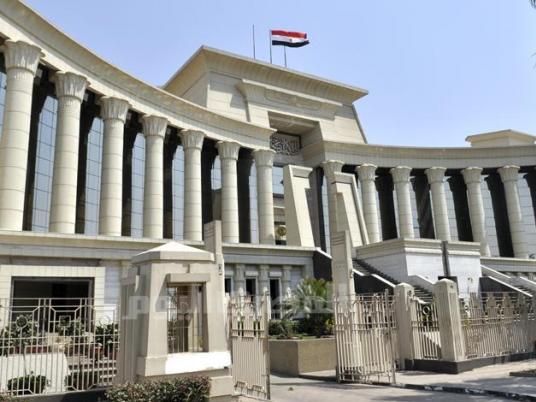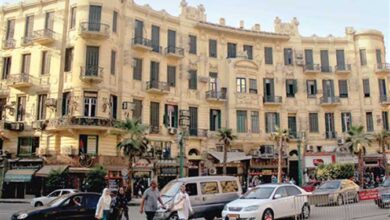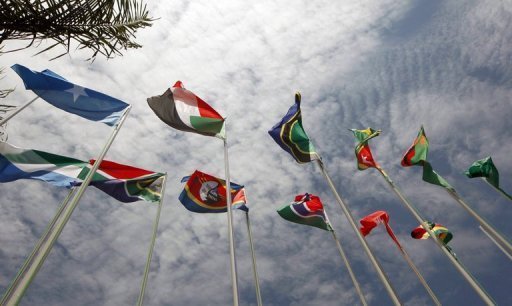
The general assembly of Egypt’s influential Supreme Constitutional Court has agreed to appoint judge Maher al-Beheiry as its chairman, succeeding Farouk Sultan, whose term ends on 30 June.
State-owned MENA news service quoted Hatem Bagato, head of the commissioners at the Supreme Constitutional Court, as saying that the court’s general assembly selected Beheiry, the first deputy of the president of the court, to succeed Sultan.
Beheiry, 69, joined the Constitutional Court in 1991. This means that he is the longest-serving judge in the court, which is currently made up of 19 judges.
Sultan joined the court in 2009.
According to Law 43/2011, the court’s general assembly should choose one of the three longest-serving deputies to be the president of the court.
The decision will be ratified by either Field Marshal Hussein Tantawi or the country's new president, Bagato said.
The main task of the court is to determine the constitutionality of the laws issued by the legislature. The president of the court is also the head of the Presidential Elections Commission.
In the last two decades, the court has exerted significant political influence. In 2000, it ruled that the judiciary should oversee the whole electoral process, which enabled the Muslim Brotherhood to win 20 percent of seats in Parliament in 2005.
In 2007, the article about judicial supervision was removed from the constitution.
Judge Awad Almor, head of the court from 1991 to 1998, had issued several verdicts that challenged the Mubarak regime. His successor Waley Aldin Galal followed Almor in issuing verdicts that stress democratic values and human rights.
Mubarak later adopted a strategy in which he picked what commentators described as a loyal judge from outside the court to be head of the court.
Currently, two major laws before the court could have deep political influence. One of them is the elections law, which if ruled unconstitutional, will dissolve the current Islamist-dominated Parliament.
The second is the law barring former regime figures, such as Ahmed Shafiq, from running in the presidential election.
It is noteworthy that Beheiry is the judge who ruled in April that the court has no right to review a draft amendment to the political rights law that would isolate regime figures because it cannot review a law unless it is already enforced.


